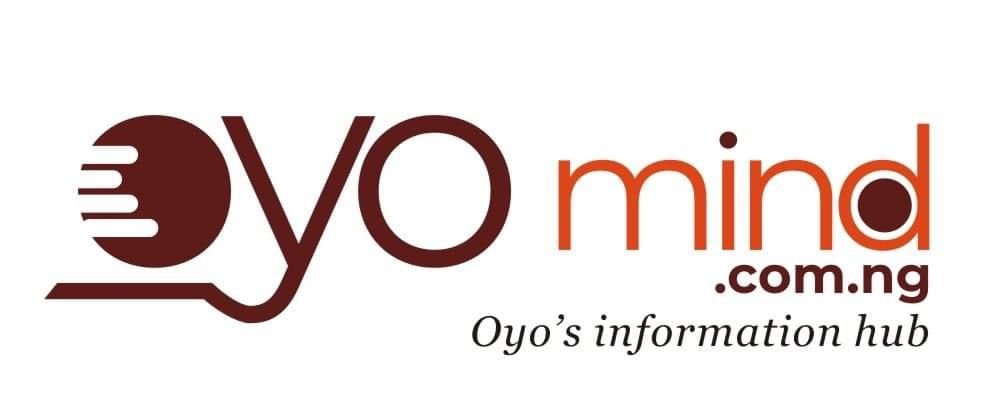Nigeria, which was once seen as a beacon of hope for economic growth in Africa, is currently facing an economic downturn that has left many of its citizens in extremely difficult situations. This downturn has been marked by increasing inflation, high unemployment rates, and a weakening currency, significantly impacting the daily lives of millions of Nigerians.
The Economic Landscape
In recent years, Nigeria has been dealing with a series of economic challenges. The COVID-19 pandemic disrupted global supply chains, resulting in shortages and higher prices for essential goods. Combined with ongoing conflicts, particularly in the northern regions, and global economic shifts, the situation has worsened. Inflation rates skyrocketed to record highs, surpassing 20% in mid-2023, making basic necessities increasingly unaffordable.
The devaluation of the Nigerian naira has further worsened the crisis. As the currency weakens against major currencies like the US dollar, import costs have risen, leading to higher prices for goods. For a country heavily reliant on imports for food and other essentials, this poses a dire challenge. Many families are now forced to make difficult choices, prioritizing food and shelter over other basic needs.
Struggles of Everyday Citizens
For the average Nigerian, the economic downturn has resulted in daily hardships. Unemployment rates, especially among the youth, have soared, leaving many young graduates without job opportunities. According to recent statistics, youth unemployment in Nigeria stands at around 40%. This demographic, which constitutes a significant portion of the population, is particularly vulnerable as they face the dual challenge of economic instability and limited opportunities.
The situation is further complicated by the lack of social safety nets. With limited government support and a weak welfare system, many citizens have turned to informal economies to survive. Street trading and small-scale entrepreneurship have become lifelines, yet these are often precarious and insufficient to meet basic needs.
The healthcare and education sectors have also suffered due to budget cuts and inflation. Families are struggling to afford medical care, and many children are unable to access quality education. The cost of school fees and supplies has become prohibitive, resulting in a rise in dropout rates, especially in rural areas.
Resilience and Hope
Despite the overwhelming challenges, the resilience of the Nigerian people shines through. Community efforts and grassroots organizations are emerging to provide support where government initiatives have fallen short. Citizens are coming together to share resources, create cooperatives, and establish food banks to help the most vulnerable.
The entrepreneurial spirit remains alive as many Nigerians are innovating in response to the crisis. From tech startups to agricultural initiatives, there is a growing movement of individuals striving to create jobs and stimulate local economies. These efforts highlight a profound sense of community and the determination to rise above adversity.
The Path Forward
Addressing the economic downturn in Nigeria requires comprehensive policy reforms and concerted efforts from the government, private sector, and civil society. Sustainable solutions must focus on stabilizing the economy, creating jobs, and improving access to essential services like healthcare and education.
Investing in infrastructure, supporting local industries, and enhancing the agricultural sector are crucial steps towards economic recovery. Additionally, prioritizing education and skills training for the youth can empower the next generation to break the cycle of poverty.
In conclusion, while the economic downturn in Nigeria has created significant hardships for its citizens, it has also revealed the strength and resilience of the Nigerian people. As they navigate these challenging times, there is hope that with collective effort and strategic reforms, a brighter future is possible. The journey towards recovery may be long, but the spirit of Nigeria remains unyielding.
Amoye Adeyemi, S.O




















